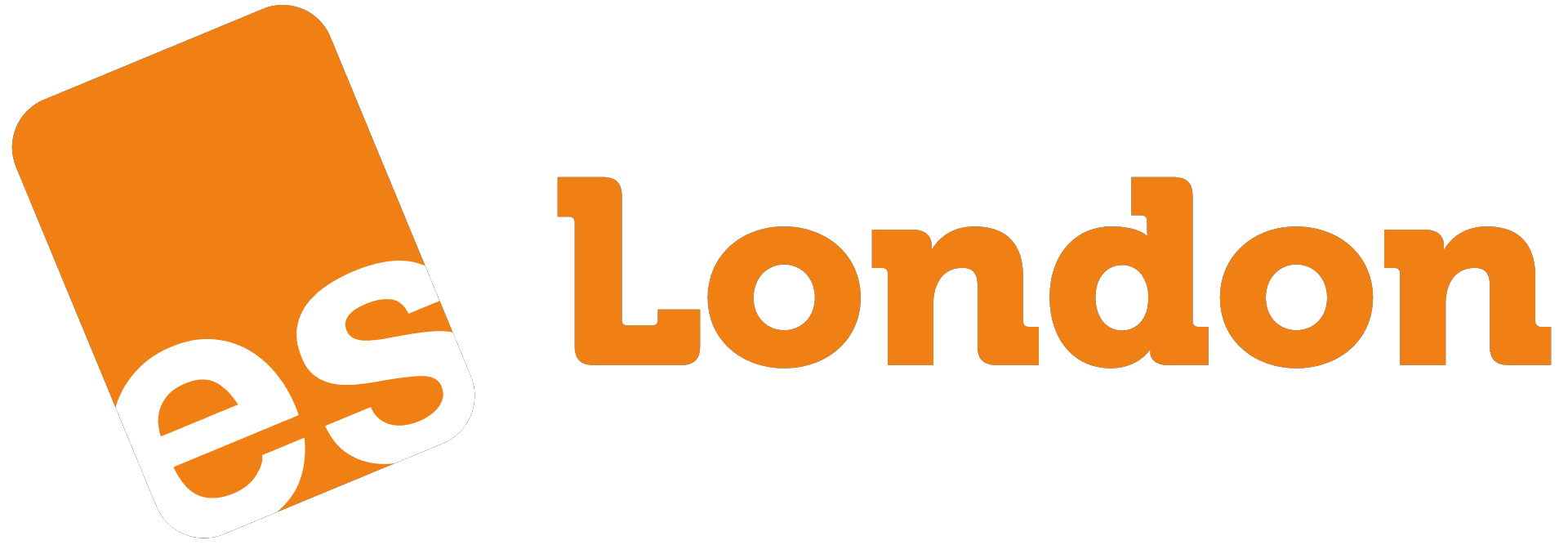
日常生活でよく使う英語フレーズ10選
英語には、ネイティブがよく使うフレーズや返答がたくさんあります。ここでは、ネイティブの流暢さを手に入れるために、英語でよく使われるフレーズを紹介します。

私たちの投稿が好きですか?今すぐシェア
Ever found yourself at a loss for words when trying to express excitement, surprise, or even frustration in English? Interjections are here to save the day. These small but mighty words can add a splash of emotion to your conversations, making your English sound more natural and engaging.
Whether you’re just starting out or already attending English classes in London, interjections are easy and fun to learn—and they instantly make you sound more confident!
Interjections are short phrases or words that express strong feelings or sudden emotions. They often stand alone and are commonly followed by an exclamation mark. Think of them as the spices in your language—adding flavour and liveliness to your sentences.
例を挙げよう:
They’re often used in informal English speaking and are great for conversations with friends and classmates or even during fun activities in your English class in London.
Use these when you’re thrilled or overjoyed:
Perfect for unexpected situations:
When something hurts:
Not everything is pleasant:
When you’re unsure or pondering:
To show you agree:
Starting or ending conversations:
Understanding these cultural nuances can boost your confidence in language classes London.
Example:
If you’re searching ‘learn English classes near me’, you’re already taking the first step. Our English courses in London will help you master the basics of the language, including the effective use of interjections.
Enquire now and begin your journey to become fluent and expressive in English!
お気に召しましたか?ESの最新情報をお届けします。ESの様々なコース、ロンドンに関するエキサイティングな事実、ニュース、最新情報、ESの素晴らしいサクセスストーリーなどをご覧ください。

英語には、ネイティブがよく使うフレーズや返答がたくさんあります。ここでは、ネイティブの流暢さを手に入れるために、英語でよく使われるフレーズを紹介します。

オイスターカードを使ってロンドンを簡単に移動する方法を、ロンドンに来たばかりの学生のための初心者にやさしいガイドでご覧ください。賢く旅行して、ロンドンでの経験を最大限に生かしましょう。

模擬試験は、試験のリアルなプレビューを提供し、あなたの強みと弱みを特定し、あなたの試験戦略を洗練させるのに役立ちますので、IELTS準備の貴重な一部です。
私たちはそんなことは言いません。
ESエデュケーションでは、生徒さん一人一人にとって、英語学習が思い出に残る楽しい体験になるように心がけています。当校は家族のような雰囲気が自慢です。多様なコミュニティーの中で、私たちと一緒にロンドンを学び、発見することで、あなたの学校は第二の我が家となるでしょう!

留学生を対象に、フルタイムとパートタイムの英語コースを提供しています。
27-28 Woburn Square, WC1H 0AA, London, United Kingdom
inquiries@esworld.com
+44 749 034 2009
inquiries@esworld.com
+44 749 034 2009
27-28 Woburn Square, WC1H 0AA, London, United Kingdom